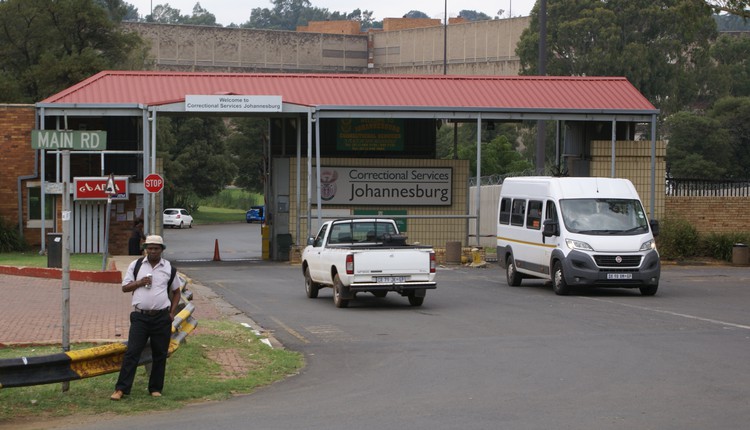Former Prime Minister Raila Odinga may have garnered the endorsement of his home country to seek the African Union Commission chairperson seat.
But he must wait to see if member states will agree on a proposed rule change on elections that may well lock him out of the contest.
The draft was circulated to members during the African Union Assembly in Addis Ababa mid this month, part of efforts to keep reforming the election for the heads of the continental bodys secretariat and make it more efficient.
It is contained in the Report on Preparations for the Election of Senior Leadership of the African Union Commission in February 2025, which, if adopted, could guide how the next AU chairperson is chosen.
It proposes that that any member state that occupied a position from that region should be ineligible for future elections until all member states of the region served as members of the senior leadership of the commission.
It proposes that, based on the 2018 decision of the African Union, elections for senior positions of the AU Commission follows regional rotation.
According to the 2018 decision, the next commission chairperson should come from the eastern African region.
Yet the draft rule change says countries must not hog positions to allow peers from the neighbourhood to enjoy the opportunity.
Kenya and Rwanda have held deputy chairperson seats since the African Union was created in 2002. Tanzania held the secretary-general post in the Organization of African Unity (OAU), the precursor to the AU.
The proposed rules limit eligibility only during the AU times, which means Tanzania and others in the eastern region may be eligible to nominate candidates.But it is not yet an official policy.
According to the African Union tradition, final decisions can take at least a month from the end of the Summit to be finalised as countries make trade-offs or amend proposals.
An African Union official told the Nation the report will only be adopted as an official AU policy if heads of state and government agree to it.
Decisions at the African Union are made by consensus, which means a single No drags the decision from becoming formal law.
It is not yet law. The process of validating and publishing decisions takes long. The final decision will reflect members will, the official said, choosing to remain on the background to discuss the deliberations at the AU.
Proponents of this change say they want to give opportunity to all members to front qualified candidates and enhance fairness and gender balance.
According to AUs characterisation, countries fall in eastern, Central, southern, northern or western regions.
The characterisation does not normally follow the membership of these countries in regional blocs. For example, Madagascar, which usually operates in the Southern Africa Development Community is placed in the eastern region.
The draft rule which has borrowed heavily from the 2018 AU Decision on elections, says each region will determine its own formula on how to use the ranking established based on the English Alphabetical order to nominate candidates for the portfolios for which a region is eligible.
But it says all senior posts in the Commission are restricted and regions will be ineligible to submit candidates for portfolios not allocated to them in accordance.
That means that eastern region will be allowed to compete for chairperson, but will have to let only northern African countries go for deputy.
Competing countries must allow to nominate a mix of men and women, suggesting that a country that chooses to nominate a woman may have a bigger chance.
Since the African Union was created in 2002 there have been five elections for members of the Commission.
Eastern Region has been deputy Commission Chairperson four times. Rwandas Patrick Mazimhaka was the first Deputy Chairperson until 2006 before Kenyas Erastus Mwencha took over for 8 years.
The pattern was only broken by Thomas Kwesi Quartey in 2017 but the post is now held by Rwandas Monique Nsanzabaganwa from Rwanda.
Based on the 2018 policy shift, Rwanda will be ineligible to field a deputy as the chance for chairperson falls on the eastern region. And if the rules are endorsed, Rwanda, and Kenya, will be ineligible to compete for the chairperson too.
The draft rules are still subject to debate but the drafters have given regions leeway in deciding a pre-selection process for their candidates based on modalities to be determined by the region.
Moreover, it is to be noted t is expected that there will n









